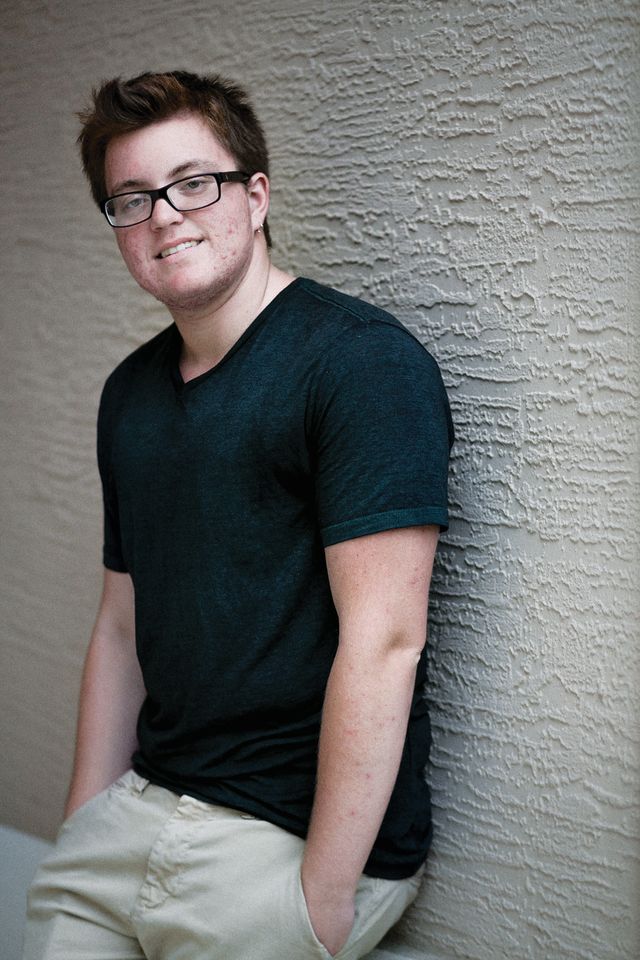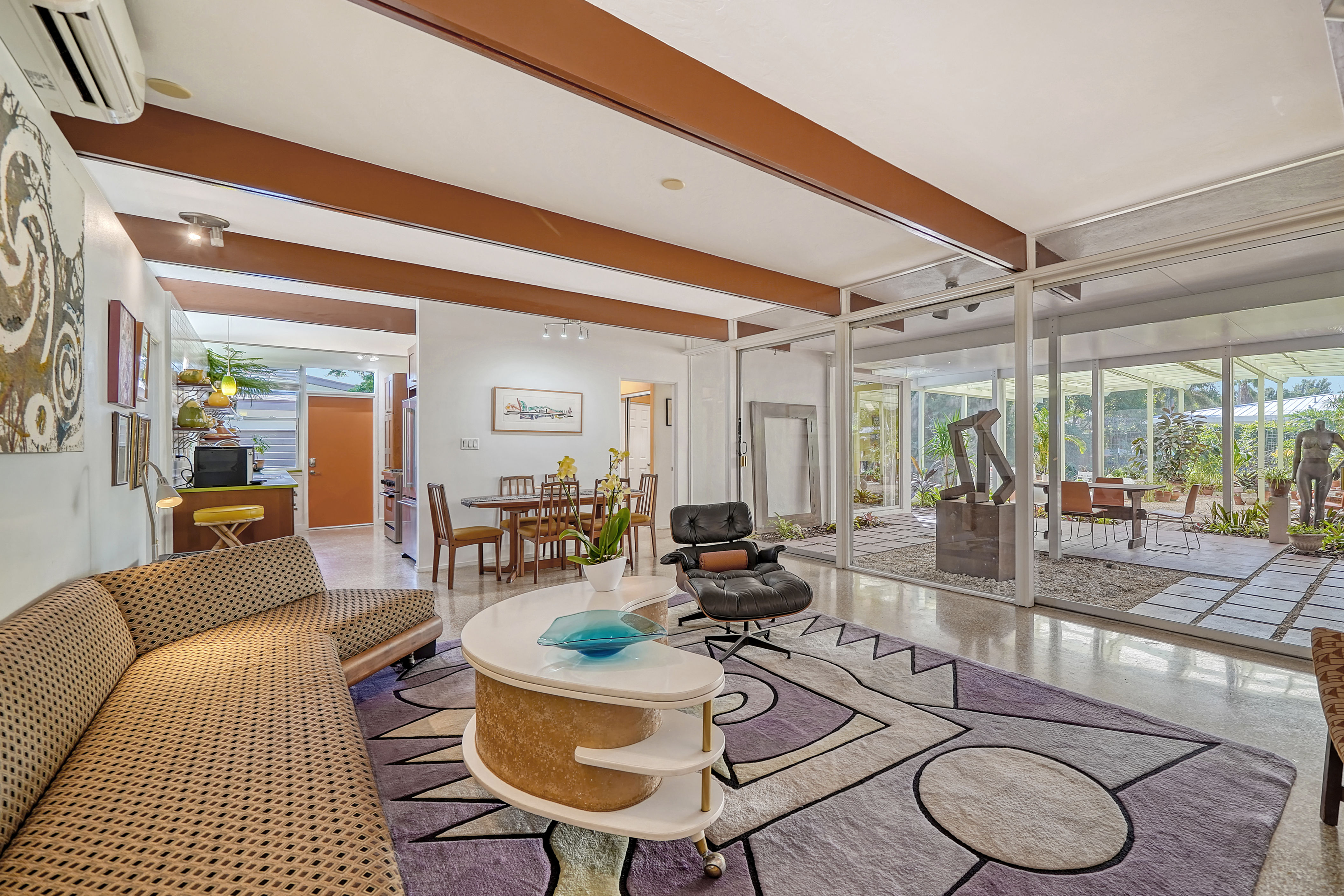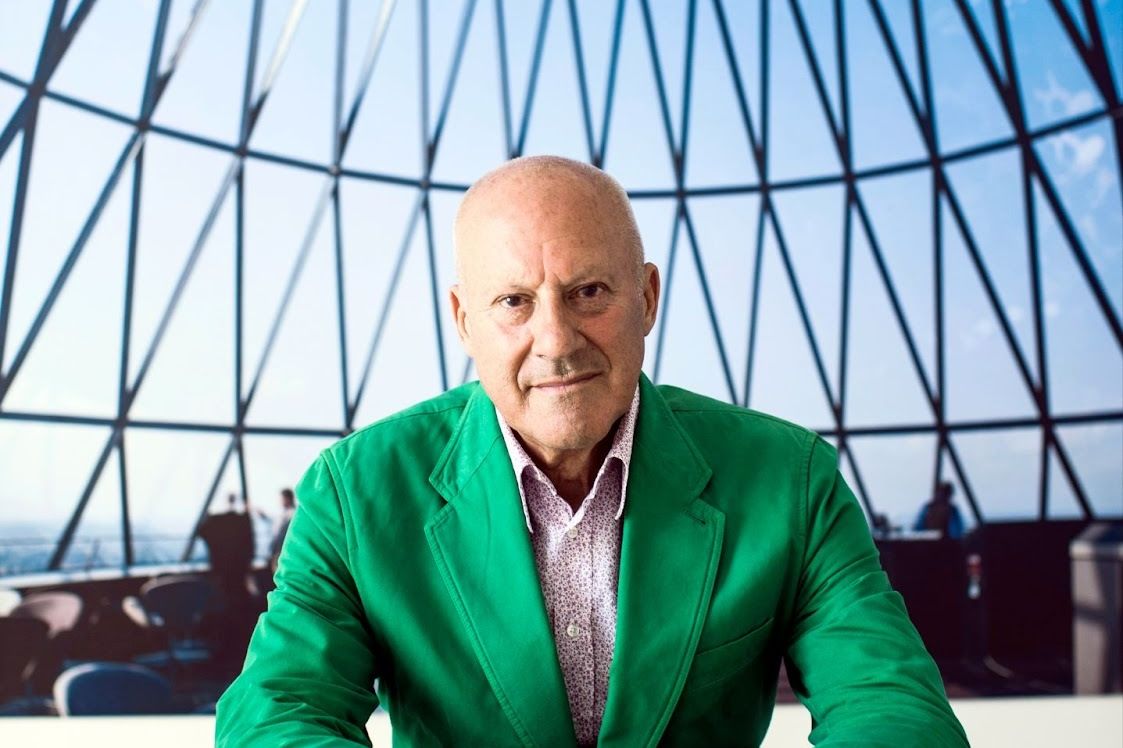Pine View Grad Reacts to Trump's New Transgender Policy

Nate Quinn
Image: Evan Sigmund
Updated 2/23/17: We asked Nate Quinn, a transgender student who made national headlines in 2016 (see below) to react to the Trump administration's rollback today of guidelines protecting transgender students. Those guidelines allowed transgender students to use the bathrooms of the gender they identified with. Now a student at University of Florida, where he says he has found both hostility and "love and support," Quinn says he was not surprised by the decision. "During the general election campaign, Trump held up the rainbow flag and said he would protect LGBT rights like no one ever had, but I knew he wouldn't," he said. "Schools and the conversation about protecting transgender students were going forward; this allows everything to go back."
Quinn notes that the Supreme Court will rule on the access of a transgender student to bathrooms this spring. "I would love to be hopeful," he says. "But at this point, seeing what is going on in America, I am sad and I am numb."
Quinn will participate in a Trans Rights Rally at Five Point Parks in Sarasota on Sunday, March 5, and a speak-out at the 6:30 p.m. meeting of the Sarasota County School Board on Tuesday March 7; he invites the public to attend. —Pam Daniel
Two years ago, Nate Quinn, at the time 15 and a student at Pine View, Sarasota’s nationally lauded 2-12 school for gifted students, followed a tip from his younger sister and joined 20-year-old YouTube star Alex Bertie’s 170,000 followers. Quinn began watching Bertie’s frank and funny videos about his struggles as a transgender male, from getting a haircut to fielding questions about possible surgery or his birth name (something many transgender people don’t like discussing). Bertie’s optimism and confidence inspired Quinn, who had long felt he was a male trapped in a female body.
“‘You know that YouTuber you showed me?’” Quinn recalls saying to his sister after watching Bertie’s videos. “‘He’s really cool. I think I’m like him.’ My sister said, ‘Oh, I know. That’s why I showed you him.’ My sister knew, but when I came out, my parents were shocked—my mom had been kind of outspoken against gay marriage. But now she is very supportive.”
Quinn had his long hair cropped, began going by “Nate,” and eventually came out as transgender to a counselor at Pine View. In early 2015, he asked Pine View principal Stephen Covert to be allowed to use the boys’ restrooms. Covert refused. This January, Quinn, who says he was being bullied by some students and felt a growing sense of injustice, asked again. This time, Covert consented, and on Jan. 15, he sent an email and automated voice message to the school’s parents announcing that Pine View would be the first public school in the region to allow students to use the bathroom of the gender they identify with.
Covert—who did not return a request for comment—acted independently, as the district does not have a transgender policy. Support and backlash were instantaneous. Hundreds of Pine View alums signed an open letter applauding Covert’s decision, while more than 150 protestors organized by area evangelical Christian churches came dressed in white to voice their opposition at the Feb. 2 Sarasota County School Board meeting.
Pastor Jared Gritton of North Port’s First Baptist Church was the main organizer. The father of nine—all homeschooled—had just returned from Awake America Florida, a Tallahassee conference that encouraged Baptist pastors to lobby the state legislature on social issues. He contacted Liberty Council, a Christian ministry nonprofit focused on anti-abortion efforts and political defense of heterosexual marriage; attorneys there suggested that Gritton and his congregation wear white shirts to the protest.
“God set down in his word that he created them ‘male and female,’” Gritton says at his church office. “So [transgender] is a distortion of his creation. This is about privacy and safety. We have ratings for movies, television programs, to protect our children. To think they would be exposed to those things in a bathroom? There’s a lot at stake.”
At a February workshop, School Board attorney Art Hardy let the board know that since 2014, the federal Department of Justice and the Department of Education Office for Civil Rights have taken dim views of restricting transgender students’ access to the bathrooms of their choosing. Overturning Covert’s decision or instituting a policy requiring students to use the bathroom of their birth gender could lead to a costly civil rights court battle and a loss of $2.5 million in federal funding.
Other Florida school boards, including those in Broward and Hillsborough counties, have or will soon institute policies like the new Pine View one. Families of transgender students have filed civil rights discrimination cases against school districts in at least three states, with a case in Virginia working its way toward the U.S. Supreme Court. Proposed legislation to require students to use the bathrooms of their birth gender has failed in nearly a dozen states, although North Carolina and Mississippi measures passed this spring.
Based on Hardy’s recommendations and their own discussions—which included comments about the high rate of suicide among transgender teens—the board members signaled they were in 3-2 support of the new policy at Pine View, although they noted they didn’t plan to implement it at other schools. At the next school board meeting, held March 1, hundreds of people again showed up. This time as many were in support of the new policy and wearing black shirts as there were protestors in white shirts opposing it. Public comment on the issue lasted more than three hours.
Quinn, now 17 and a senior, plans to attend the University of Florida in the fall and hopes to become a doctor, possibly an endocrinologist focused on hormone therapy, a goal inspired by his personal experience. He has been on a testosterone regime for nearly a year, and he is scheduled to have “top surgery”—bilateral mastectomy and chest reconstruction—three days after he turns 18 in June.
“Choice versus born this way, that’s the issue,” Quinn says at his home, which is in a community of upper-middle-class homes near I-75 in South Sarasota. “I didn’t mean to put [Covert] in this situation. He fought me over it for a long time, I don’t blame him. He’s taking crap for it; I’ve taken crap for it. Sometimes to bring about change you have to accidentally put people in uncomfortable situations. Separate but equal is not equal.”



